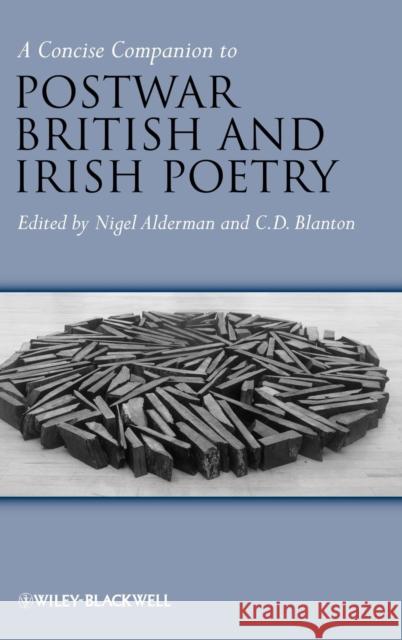A Concise Companion to Postwar British and Irish Poetry » książka
topmenu
A Concise Companion to Postwar British and Irish Poetry
ISBN-13: 9781405129244 / Angielski / Twarda / 2009 / 328 str.
A Concise Companion to Postwar British and Irish Poetry
ISBN-13: 9781405129244 / Angielski / Twarda / 2009 / 328 str.
cena 460,14
(netto: 438,23 VAT: 5%)
Najniższa cena z 30 dni: 454,51
(netto: 438,23 VAT: 5%)
Najniższa cena z 30 dni: 454,51
Termin realizacji zamówienia:
ok. 22 dni roboczych.
ok. 22 dni roboczych.
Darmowa dostawa!
This volume introduces students to the most important figures, movements and trends in post-war British and Irish poetry.
- An historical overview and critical introduction to the poetry published in Britain and Ireland over the last half-century
- Introduces students to figures including Philip Larkin, Ted Hughes, Seamus Heaney, and Andrew Motion
- Takes an integrative approach, emphasizing the complex negotiations between the British and Irish poetic traditions, and pulling together competing tendencies and positions
- Written by critics from Britain, Ireland, and the United States
- Includes suggestions for further reading and a chronology, detailing the most important writers, volumes and events











